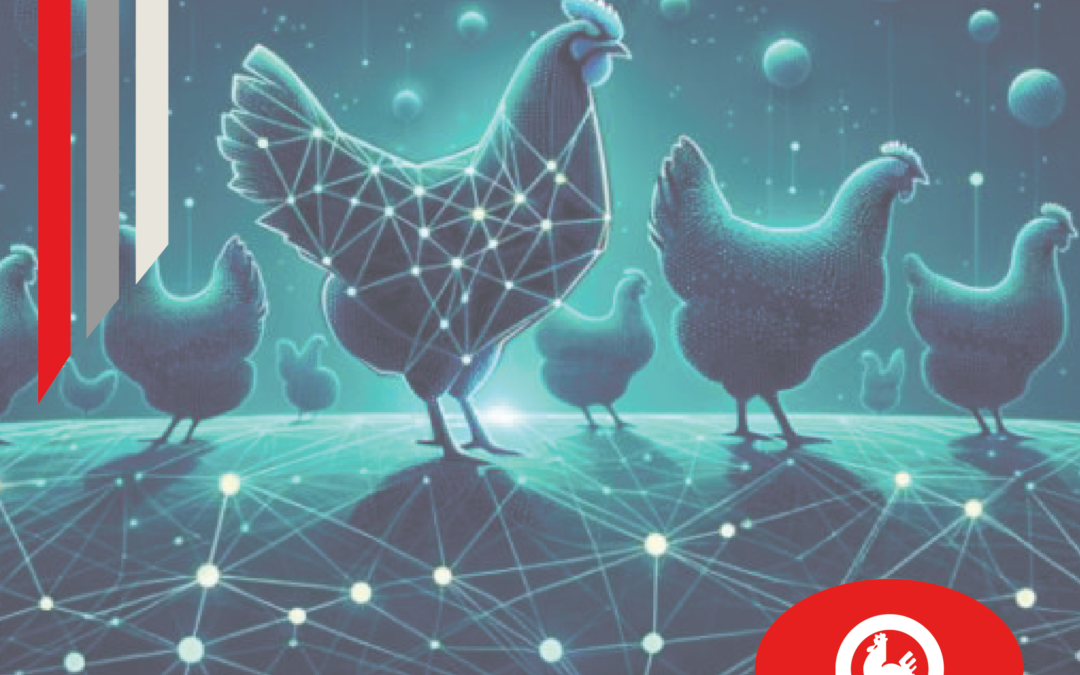The development of Artificial Intelligence can help increase productivity, reduce environmental impact and improve animal welfare.
Tools such as microphones, cameras, sensors, data sets and mobile devices are already available to farmers who want to bring this connected scene to life.
AI is just one technology among many to be used to move the industry from simply prevention to forecasting.
In addition to everything concerning animal welfare and productivity, there is also a breakthrough on understanding: a Canadian team is trying to translate “cluck-cluck”.
Researchers of Dalhousie University have developed an artificial intelligence (AI) system that is trying to decode the language of chickens.
In this revolutionised setting, artificial intelligence becomes not only a tool for scientific investigation, but the potential driver of a more inclusive ecosystem ethic, placed at the service of harmony in the relationship between species.
The impacts of such studies could also be reflected in the food sector. By understanding the emotional conditions of farm animals, we can positively change the quality of life and, with it, the quality of the resulting products.
+39 0171 619715
info@poultryplast.com


